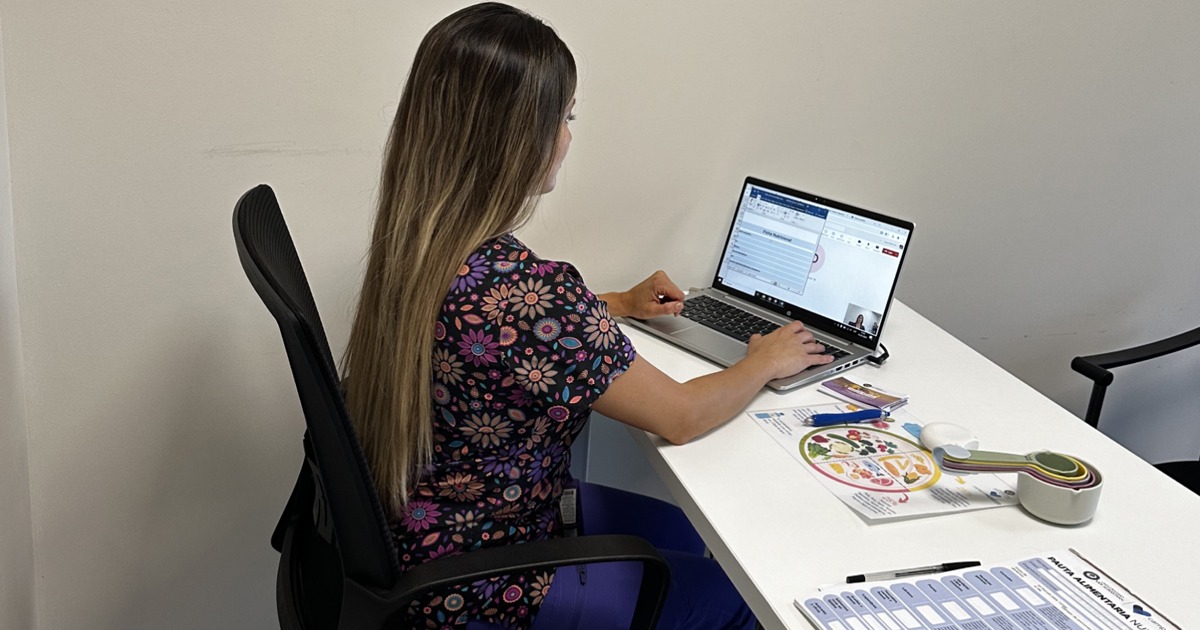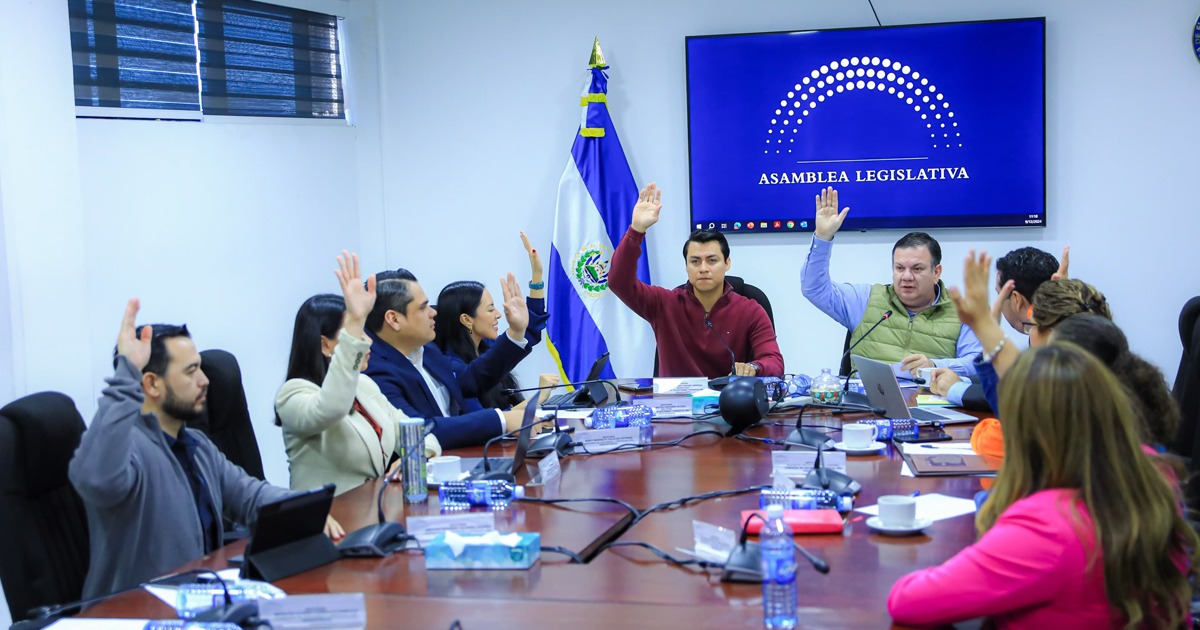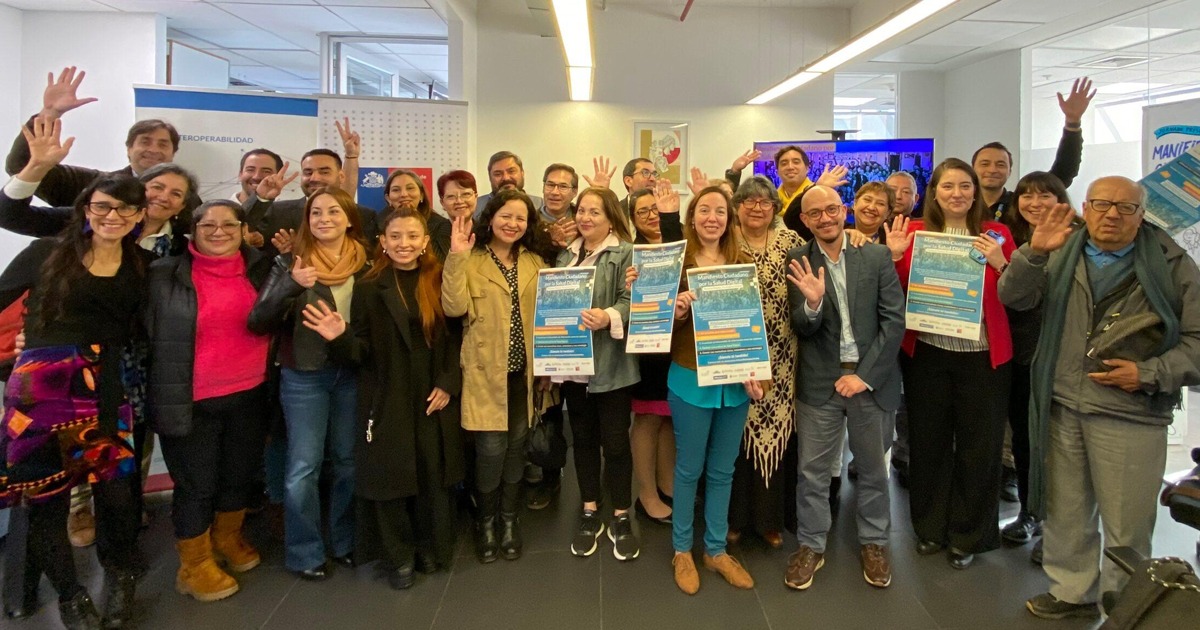The new trends in Digital Health require health professionals to specialize and receive training in topics such as telemedicine, remote consultations, and mobile health.
The growth of Telemedicine in Mexico and Latin America had made significant progress in recent years, however, in response to the pandemic, universities, ministries of health, public and private hospitals reinforced their telemedicine strategies and digitization of their services during the last year.
It is important to establish a profile of the staff that will carry out actions related to telehealth and its different tools. When putting together a telemedicine program, it is ideal to form it through solid foundations in medical personnel, logistics, and economic resources.

The ecosystem that surrounds telehealth includes teleconsultation, telemedicine and teleeducation or teleteaching. And to achieve a participatory ecosystem, it is important that health professionals get involved in learning processes, especially those related to aspects of managing new technologies.
However, in addition to knowledge in the management of digital technologies, the Internet and other tools, the staff must be trained to make decisions within the telemedicine program. In this way, the program will be able to meet its objectives and provide efficient and quality services.
The National Center for Technological Excellence in Health (Cenetec), explains the need to have certain resources to provide adequate medical care, and also reach different geographical areas, sign academic agreements for specialization and medical education using information technologies in favor of professionals.
“Having administrative resources that carry out the attributions that correspond to them and are within the organic structure, organizational chart, with a description of functions that contains the necessary information for the best performance and development of this area as head of department, subdirectorate or directorate of Telemedicine and/or teleeducation, this being of general observance and basic consultation”.





